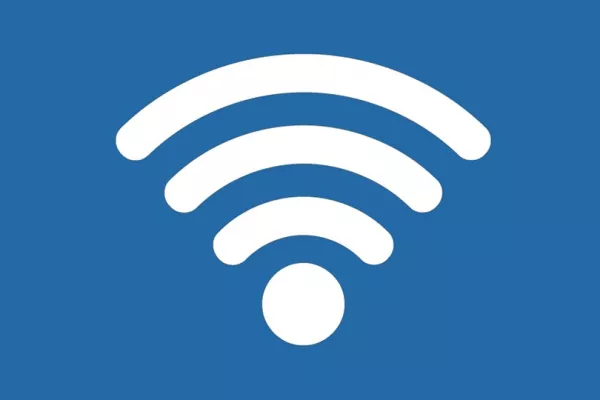With in-flight Wi-Fi finally emerging from its role as a punch line, there’s good news for sky warriors who routinely curse their connection, or lack thereof. The cost of buying and installing better hardware has fallen far enough that many airlines have begun upgrading to faster speeds, and smaller airlines are adopting Wi-Fi for the first time.
Here’s the bad news: What you’ll pay for it might end up being a lot.
Worldwide, 82 airlines offer in-flight Wi-Fi—12 more than last year—with the amenity now common enough that there’s a 43% chance your plane will have it when you plunk down in your seat, according to an annual airline report from New York-based Routehappy Inc. (And more than 80% in America.)
Airbus SE and Boeing Co. also fit most of these newer systems onto new airplanes as part of the final assembly process. In terms of the most Wi-Fi access, Delta Air Lines Inc., American Airlines Group Inc. and Emirates take the top three spots, with Delta and Emirates also among the 13 airlines that offer Wi-Fi on all of their long-haul flights, according to the report released Tuesday (January 30).
Routehappy divides Wi-Fi quality into best, better and basic categories, with the basic category—no streaming media capability—rapidly losing favor. Deployment of basic service plunged 16% from last year to slightly more than one-quarter of airline seat capacity. The “better” type, which allows for web browsing and limited media streaming, represents 57% of the Wi-Fi systems now in use.
“Wi-Fi at 32,000 feet may be cheaper and faster than the Wi-Fi at many airports.”
The “best Wi-Fi” is classified as satellite-based broadband services, such as systems provided by Gogo Inc., ViaSat Inc. and Inmarsat Plc. Those newer technologies are seeing the largest adoption, with an “extraordinary” 129% growth over the past year, Routehappy Chief Executive Officer Robert Albert said in a statement.
So, who is the best of the “best” category when it comes to Wi-Fi availability? Among the leaders, Delta leads the way, having equipped more than 350 aircraft, along with United Continental Holdings Inc., JetBlue Airways Corp., Brazil’s GOL and Virgin Atlantic Airways Ltd., Routehappy said.
“Airlines are quickly moving away from older Wi-Fi systems that provided little utility at extremely high prices,” said Jason Rabinowitz, Routehappy’s director of airline research. “It is now likely that Wi-Fi at 32,000 feet may be cheaper and faster than the Wi-Fi at many airports.” Routehappy collects airline amenity data for flight shopping. The 2018 Wi-Fi state-of-the-industry report was based on an analysis of all flights worldwide scheduled for February 12.
In terms of paying for internet access, pricing schemes are highly variable, with some carriers selling unlimited flight passes and others parsing their Wi-Fi into time or data-usage increments, where costs can quickly add up. Some airlines may also have different types of Wi-Fi systems, depending on fleet type—for example, an Airbus versus a Boeing, or a domestic aircraft versus long-haul international. These sorts of differences can be especially stark when flying over the U.S., the land of the deepest Wi-Fi penetration.
Outside the U.S., about one-third of seat capacity flies with Wi-Fi, a 14% increase from a year ago.
News by Bloomberg, edited by Hospitality Ireland









